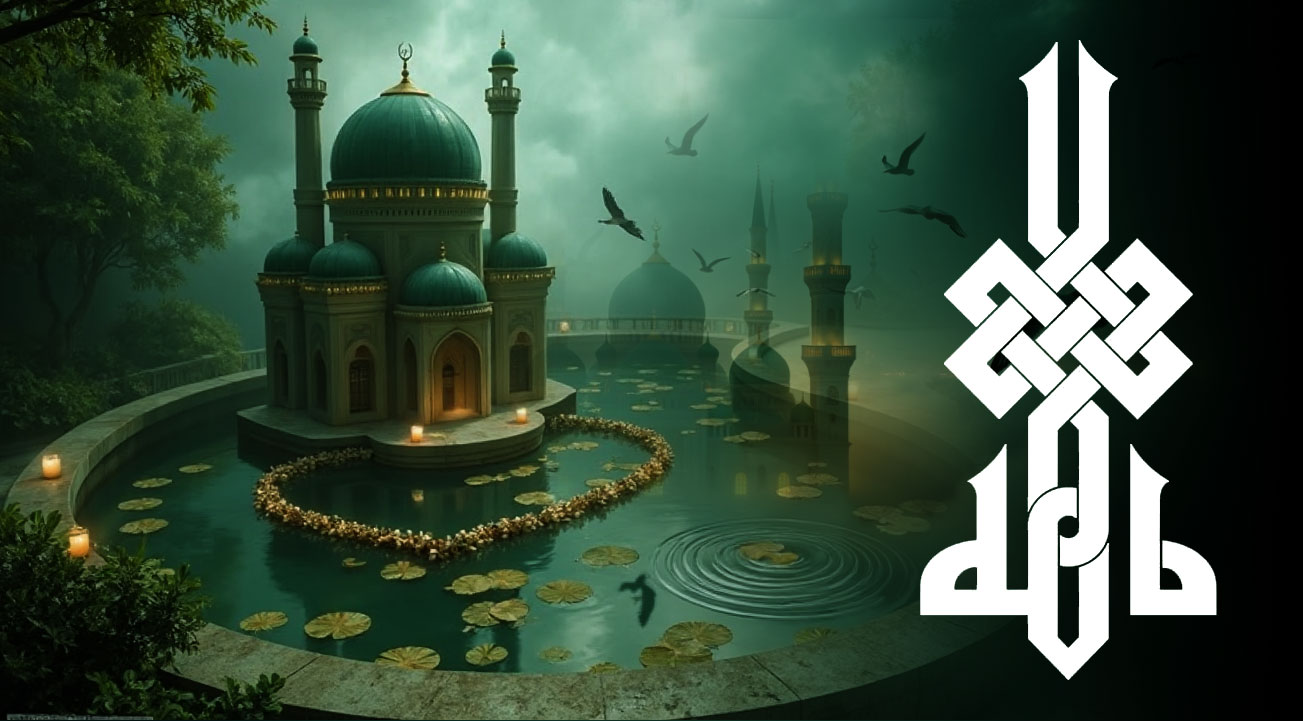The statement “Cleanliness is half of faith” comes from a well-known hadith of the Prophet Muhammad (SAW), found in Sahih Muslim. At first glance, it may seem like a simple directive to maintain bodily hygiene. But within this short sentence lies a world of spiritual depth, psychological clarity and a holistic approach to human dignity_one that Marifah Family Retreat deeply reflects in its vision.
The concept of cleanliness in Islam isn’t just about soap and water_it’s about preparing oneself to stand before Divine. It’s about refining the body, mind,hearT,and soul.It is an act of worship,a path of purification that aligns with a life of balance , presence and intentionality.
Outward Cleanliness: A Spiritual Prelude
From an early age , Muslims are taught to perform wudu(ablution) before prayers, to keep their clothes clean, to maintain oral hygiene with the miswak, and to care for their surroundings.These acts may seem routine or ritualistic, but in Islam, they are deeply scared.
Why? Because every act of outward cleanliness is a preparation to meet the Divine. It’s not just about hygiene_its about readiness. When we purify ourselves physically, we also signal a readiness of the heart. Cleanliness becomes an outward sign of inward reverence.
The Marifah Family Retreat emphasizes the connection in holistic programming. By combining Islamic education with nature, community, and wellness, it revives the Prophetic lifestyle, where cleanliness was never separated from the spiritual.
Inward Cleanliness: The Greater Journey
While physical purification is essential the deeper meaning of “cleanliness is half of faith” lies in the tarah of the heart. Islam recognizes that the heart, not just the hands, can become polluted.
Jealousy, arrogance,hatred,and greed are impurities just as real_and more dangerous_than dirt.
The Prophet (SAW) said:
>”Indeed, in the body there is a lump of flush; if it is sound, the whole body is corrupt.Indeed, it is the heart.”(Bukhari)
In this light, cleanliness refers to the constant striving to purify our intentions, refine our character, and align ourselves with truth and sincerity.Its a lifelong process of inward refinement.
Cleanliness as a lifestyle, Not an Occasion
Modern life tends to compartmentalize cleanliness. We clean up for special events, we organize when guests are coming over, or we do a deep cleanse in Ramadan. But in Islam, cleanliness is a constant, not an occasional.
The Prophet (SAW) was known for being the most clean, fragrant, and well-groomed among his companions_ not just in worship, but always.His home was neat, his clothes spotless , and his breath fresh.Why? Because he knew that cleanliness honors the soul.
The Marifah Family Retreat mirrors this Prophetic approach. Whether in nature-based family activities, group prayer, or shared meals, they instill a culture of grace and cleanliness in both physical and spiritual places.Its not just about what you do, but how you live.
The Environmental dimension: A Trust Protect
Islamic cleanliness isn’t limited to the self. The environment is also a part of our spiritual ecology. The Prophet (SAW) prohibited polluting water sources, encouraged planting trees, and even showed mercy to animals.
In this sense, being clean also means being a custodian of the Earth. Littering, hoarding, and living wastefully all contradict the Islamic ethic of cleanliness. The Prophet(SAW) said,
“Removing harmful things from the road is a branch of faith.”(Muslim)
The Marifah Family Retreat, with its focus on nature and sustainability, helps participants rediscover this forgotten branch of faith. Nature is not a backdrop_it is a spiritual classroom.
Family and Cleanliness: Raising a Generation of Purifies
One of the most impactful places to instill the value of cleanliness is within the home. When children see their parents performing wudu with mindfulness, cleaning the home with joy, and embodying inner purity, they naturally internalize it.
Cleanliness in a family setting isn’t just about chores. It’s about creating a rhythm of a grace. A clean home is a sacred space, a sanctuary of mercy. It affects mood, behavior, and even the flow of divine blessings.
The Marifah Family Retreat models this through its family-centered programming. Parents and Children engage together in acts of care, worship, and cleanliness, making these values part of their shared identity.
Cleanliness and the Path to Presence
Islam doesn’t just teach us to be clean_it teaches us why. Every act of purification is a gateway to hudur(presence). You cannot be fully present in prayers if you are neglecting your body, your space, or your heart.
The Prophet(SAW) routine before prayer wasn’t rushed. It was dignified and deliberate. Cleanliness trains the soul to slow down, to honor the moment, and to be fully here.
In a world where many live in haste and clutter, both physically and mentally, Islam invites us to anchor ourselves in presence through cleanliness
Conclusion: Cleanliness is Half, Intention is the Whole
So, what does it really mean that cleanliness is half of faith?
It means that purity_both inner and outer_is essential to a life of sincerity.It means that our body is a vessel, our homes are sanctuaries, our environment is an amanah(trust), and our hearts are the meeting place with Allah.
Cleanliness isn’t just about removing dirt; it’s about aligning ourselves with Divine beauty. As the Prophet(SAW) said,
“Indeed, Allah is beautiful and loves beauty.”(Muslim)
In that sense, cleanliness is not half of faith because the other half is something else_it’s half because it prepares us for the whole. It opens the door to a life lived with awareness, refinement, and closeness to God.
The Marifah Family Retreat beautifully embodies this holistic understanding_creating a space where families can revive the Prophetic way, not just in thought, but in how they live, pray, walk, and purify.


Sorry no comment yet.
Leave a comment